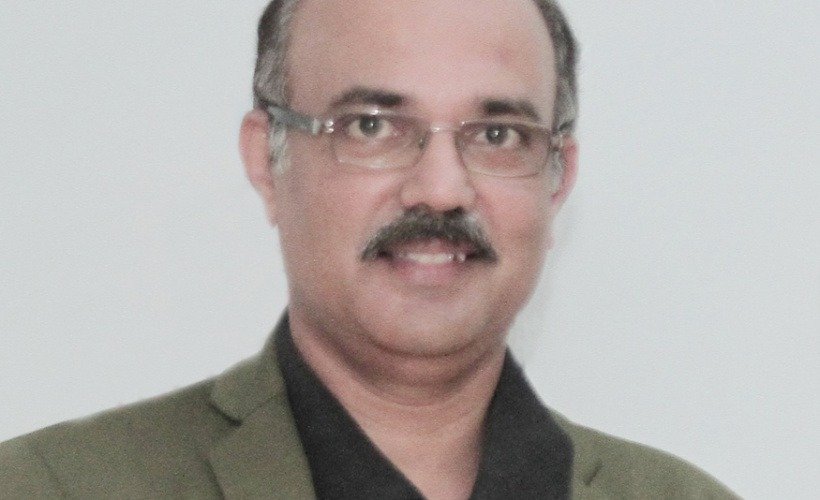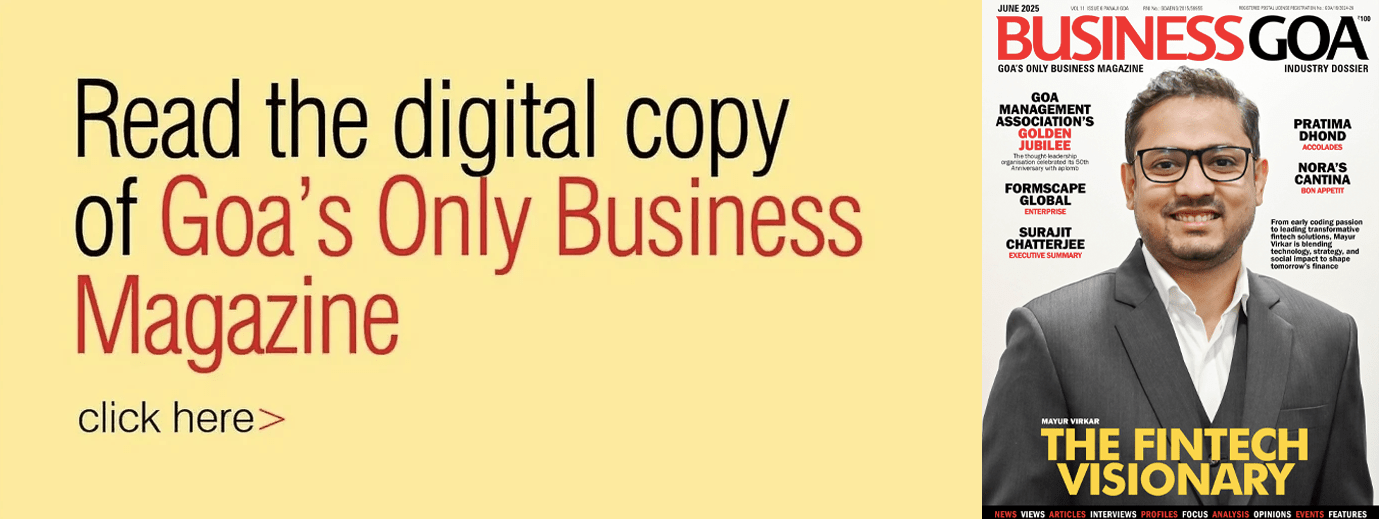
Kishore M Shah explains the need for CSR with sustainable solutions, which he believes, are achievable in the long run
In the last issue, I shared the story of ‘Bagchi- Parthasarathy Hospital-IISc’. 21st century healthcare solution through a visionary philanthropy alongside the strength and opportunities Goa has to replicate similar initiatives if we co-create a visionary CSR blueprint and sincerely execute it. In the backdrop of a new Government coming in and pandemic fading, it seems to be an appropriate and relevant time for purposeful CSR.
In last three months, based on my interactions with HR heads of more than 30 plus MNCs in Goa, several MSMEs, captain’s of industry, NGOs and bureaucrats who are directly connected with CSR initiatives; what came out as qualitative finding is that CSR in Goa is conceptualised, planned, executed in multiple shades, intensity, varied focus and generally short term. Though the intent is good it lacks the required power of shared vision, values, professional team and interconnectedness to SDG 4.0 (Sustainable Development Goals) its internalisation and alignment to Goa’s SDG score card and thus it fails to get the required traction, impact, and outcome.
CSR Policy Amendment Rules, 2021 has brought in more accountability not only to the corporate but also to the executing partner organisation. As per the Act, companies with a net worth of INR 500 crores or more, or a turnover of INR 1000 crores or more, or a net profit of INR 5 crores or more in the immediately preceding financial year are required to spend minimum 2 percent of their average net profit of the preceding three years on CSR. If a company fails to do so, they are liable for a penalty (subject to certain provisions). According to one of the CSR surveys done in 2019-20, only 76 percent of the companies have spent the prescribed 2 percent and the number is likely to go down in 2021- 22 due to pandemic extensions. More than 50 percent of the companies that have not spent the prescribed 2 percent CSR amount have stated ‘exploring opportunities’ as one of the two main reasons, the other being long term programs.’
Although the survey reports that, there is a commitment by companies to carry forward the unspent amount of the previous year(s), finding an impacting project and a suitable implementing partner will be a bigger challenge for these companies. Talking about impact, It is imperative to focus on a bigger vision – sustainable development goals, 2030; (SDG, 2030) esp. the goals 2, 3, 4, 5, 10, 12, 13, 14 and 17. In a humble way, we need to contribute our work towards these goals like the proverbial squirrel in constructing a ‘Ram Setu’. Corporates in Goa need to align all their CSR activities with SDG-2030 as the reference and ensure that their CSR team/ partner guides them in preparing the appropriate reports for their ‘Annual CSR Reports’. CSR Amendment Rules, 2021 has made it mandatory as far as the impact assessment is concerned. Any CSR spend above INR 10 crores, the company needs to do the impact assessment for the project above 1 crore and 1-year duration and this has to be carried out by a third party.
It is thus important to either have an inhouse expertise or external agency who has the requisite knowledge, skill and capability to offer ‘one stop solution’ to all your CSR needs, right from need assessment to impact analysis as per the Companies Amendment Act, 2019 & 2020 as well as CSR Amendment Rules, 2021.
Having said this, we need to think, in all our CSR endeavours, beyond 2 percent mandated by the Act. To conceive, design, and implement sustainable and scalable projects in congruence to SDG goals, we need to focus with a sense of urgency on those areas where Goa has a reasonably good score but needs to further excel and catch up in those areas where we have slipped down from the previous years.
Mining has shutdown, tourism is at an all-time low due to covid and now due to the existing tensions between Ukraine and Russia. On an average almost 28,000 plus graduates pass out every year, out of which almost 62% are girls. The majority of graduates are first generation learners and come from an economically challenged background. The rural youth is cut-off from the mainstream and with poor digital connectivity it further hits them hard. Traditional jobs, livelihood, business opportunities are scarce and are also becoming obsolete. 36 plus traditional Goan art forms are on the verge of extinction. The state has an 18% geriatric population. Migration to metros /other states/countries for professional education, jobs has made us re-think on both availability and affordability of the education ecosystem in the state.
But there is a silver lining as well. Goa falls amongst India’s two biodiversity zones. It is one of the most popular destinations internationally with state-of-the-art seaport; seamless air connectivity and a four lane express way. The state houses IIT, NIIT and Asia’s oldest medical institute. Industrial estates with leading MNCs like Siemens, IFB, P&G, Nestle, Finolex, Deccan Fine Chemicals, Putzmeister, Berger Paints, Colgate, etc. We have a pharma hub with more than 28 pharma companies. Goa has over 100+ NGOs and 3000 self-help groups.
Time is apt to revisit our perception of CSR as limiting it is to signing a cheque or then as a mere PR strategy, the need of the hour is to think beyond 2%. That’s because CSR is not just about quantity, but also quality. It is about needs to be addressed with sustainable solutions which are scalable in the long term.
NGOs also need to re think on their projects/programs and factor more ground research, business models and on board professionals to run the show so as to ensure that they do not struggle to sustain and excel in their mission.
Let me share an example of how a thoughtful idea can turn out to be resourceful. The NMC (National Medical Commission) is actively considering to introduce ‘Family Adoption Program’ (FAP) as a part of MBBS training curriculum with a visionary aim to ensure enhanced healthcare services in rural areas. Each medical student may be required to adopt five under privileged / rural families to monitor their health conditions regularly and advise them accordingly. This intervention will have double benefits. On one hand it will build empathy among medical students, their connect with rural/ urban poor and on the other hand it will ensure that the under privileged who need personalised care but cannot afford can avail of it. We need to think and re-calibrate our perception towards CSR.
Human behaviour are voluntary acts by individuals based on their risk benefit perceptions using socially conditioned value systems. Hence, we have to ensure that we build collective passion and willingness to focus on sustainable CSR programs and projects for the state based on social research and not personal choices.
Only this will create a positive impact on the underprivileged and society at large. It’s time we need ‘CSR appropriate behaviour’. Let us collaborate in making this land an enjoyable, progressive and inclusive place to live in.
The writer is the Managing Trustee GDP Foundation www.gdpideaz.org Email: managingtrustee@gdpideaz.org





